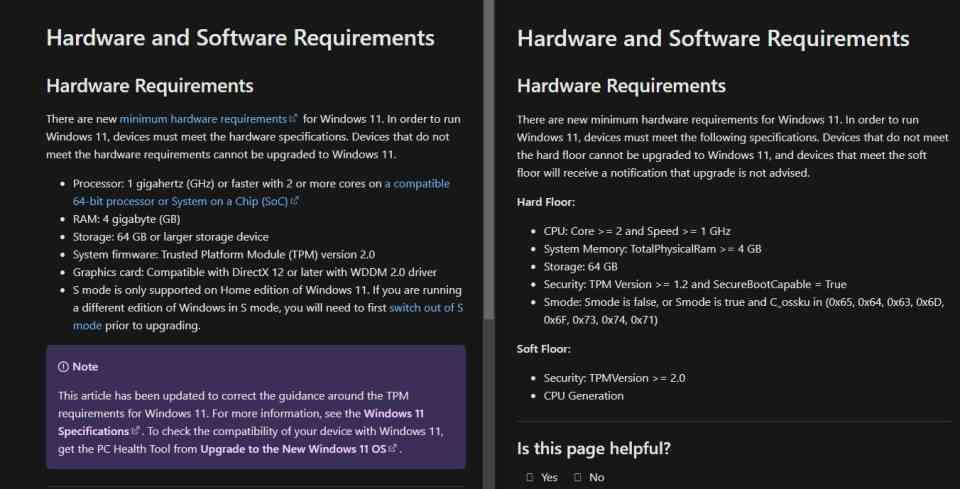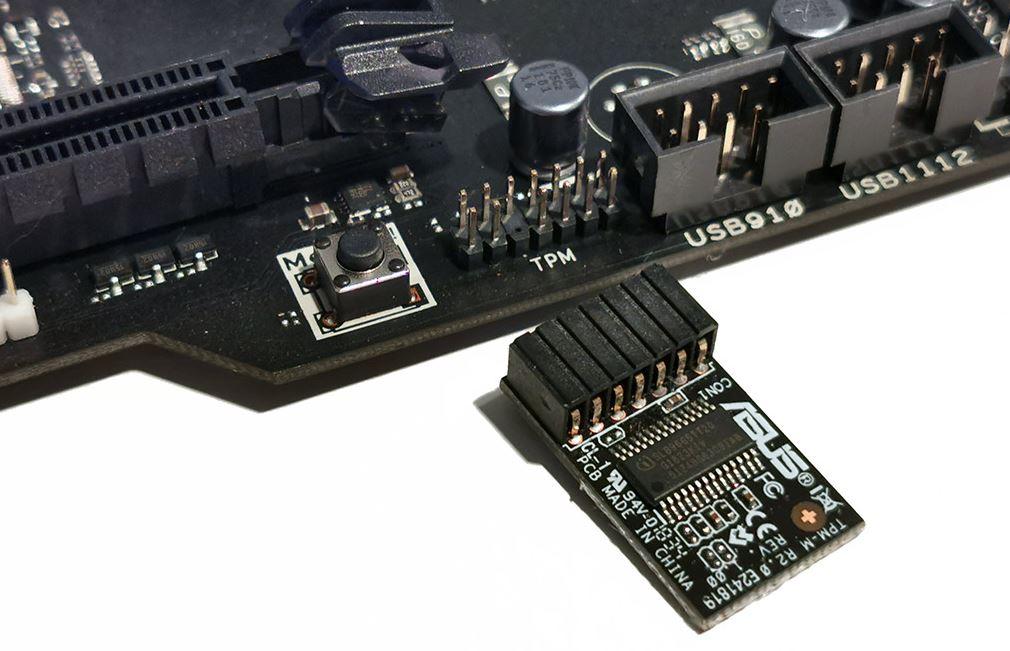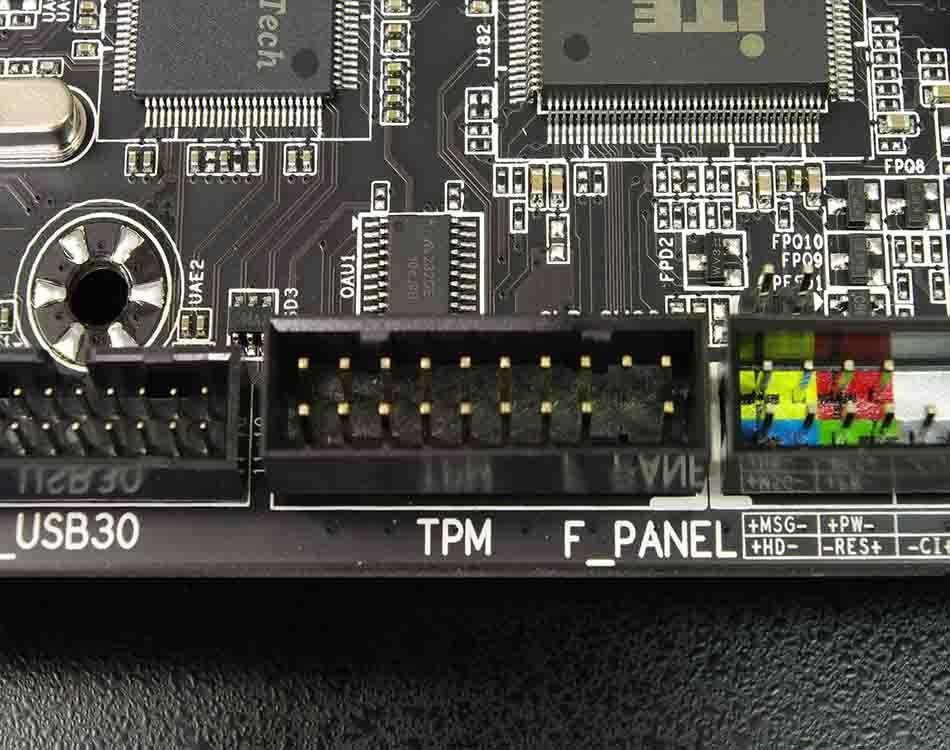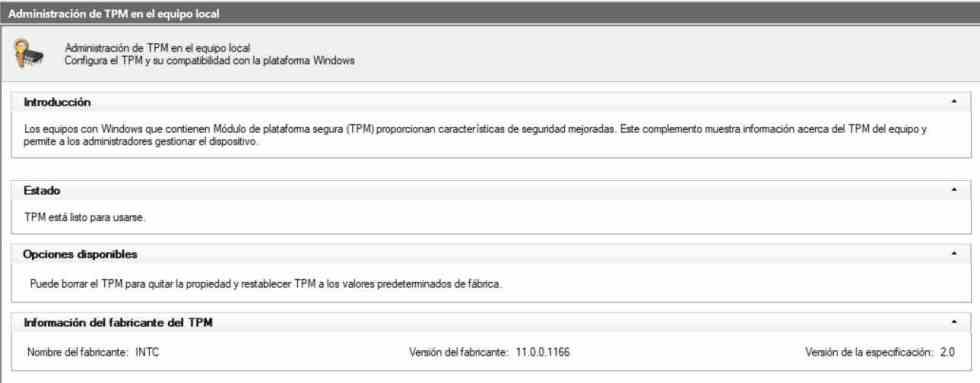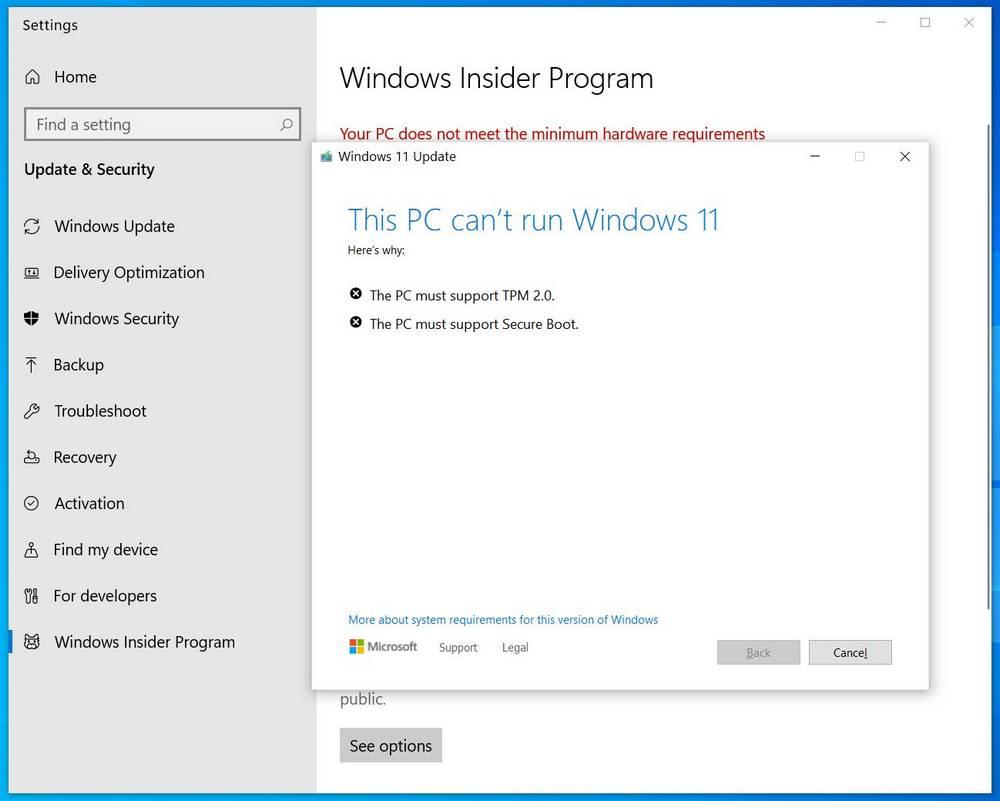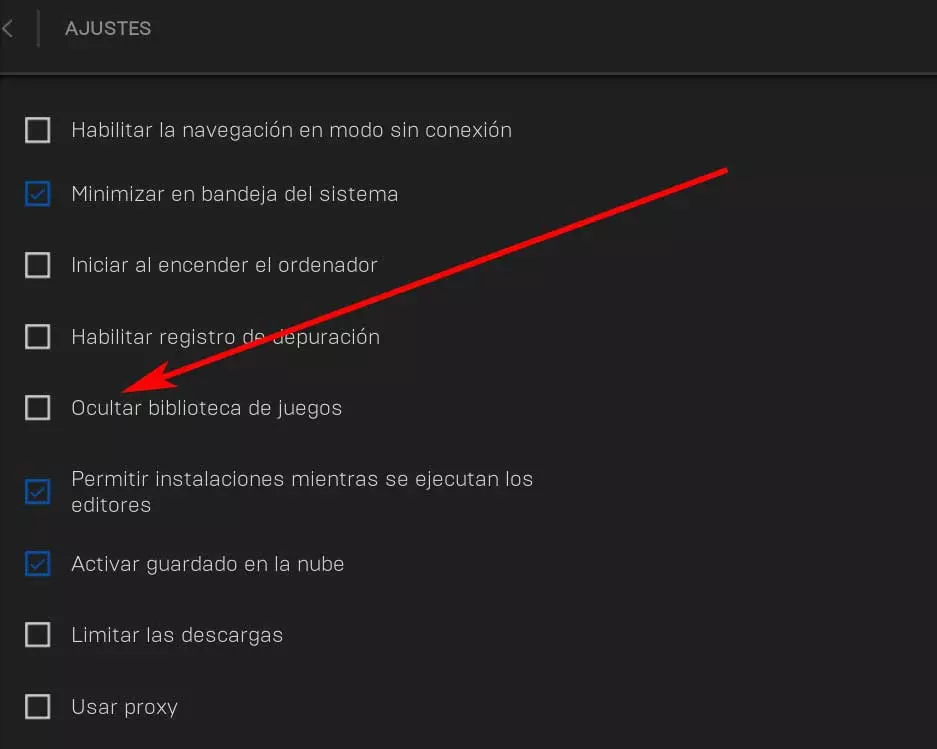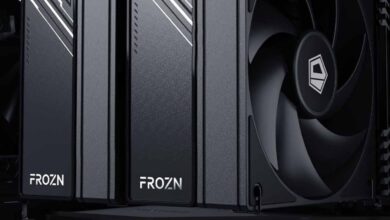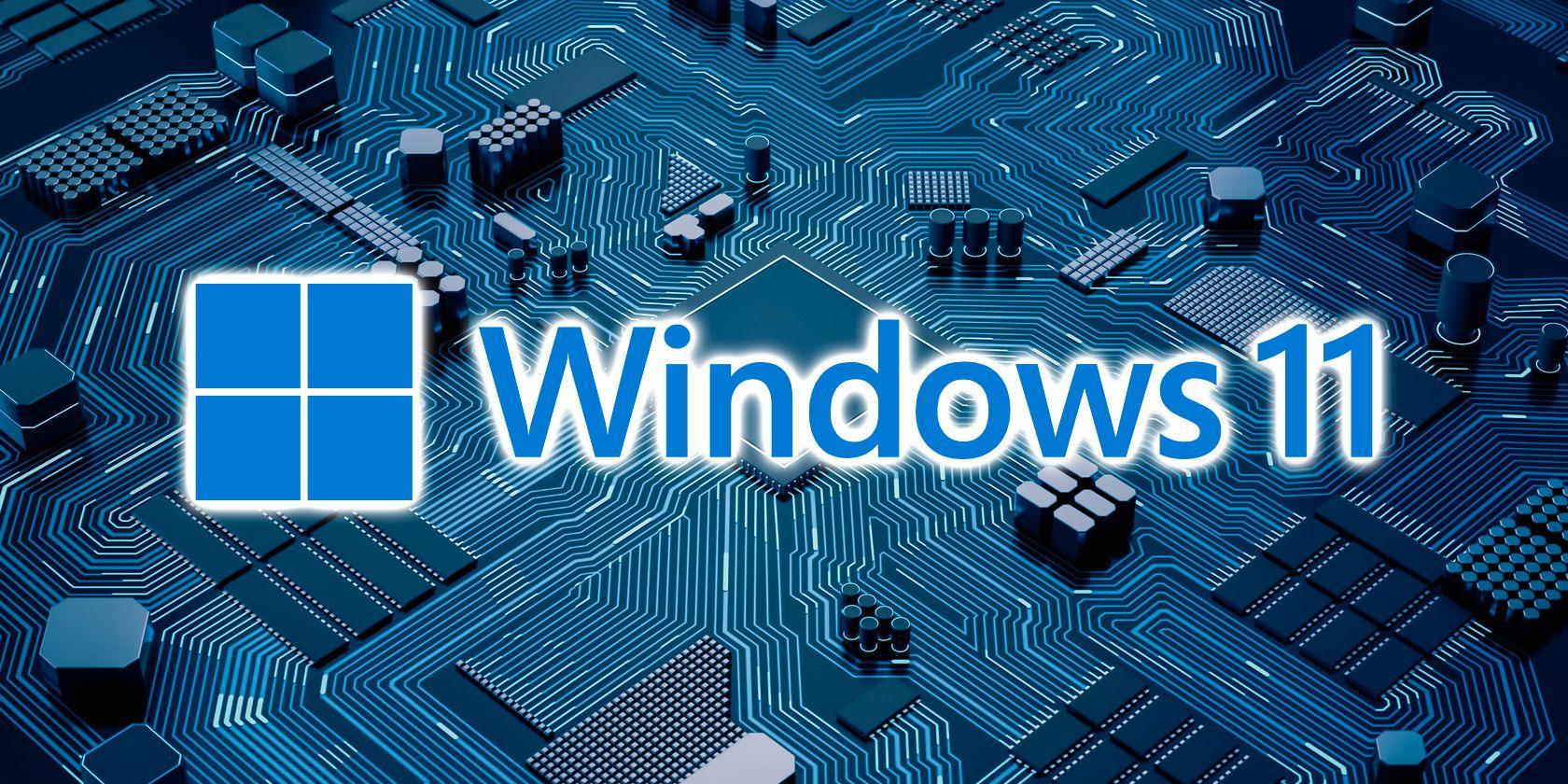
So far the TPM module It was a piece of hardware to say the least useless inside a PC, hardly any software has used it, but Microsoft has decided to make it an indispensable piece to be able to run Windows 11 and therefore if you do not have a TPM 2.0 module you will not be able to run the next version of Microsoft’s operating system.
The official explanation is to create a more secure system, the reality is that this will give Microsoft more power within our PCs. Since when we speak of a reliable environment it is not in order to give the user our confidence to a specific software or peripheral, but rather to Microsoft. The consequences of this decision are a separate issue, which in HardZone we have already talked about previously and does not belong to the space of this article.
The reality is summarized in that If we want to install Windows 11 we need to have a TPM 2.0 module installed on the motherboard of our PC. TPM modules are nothing new and have been on motherboards for a few years. So it is possible that your PC already has one integrated and you are not aware of it.
Some preliminary notes
Motherboards that are compatible with Windows 11 and therefore have a TPM 2.0 module are those that are based on a series of chipsets in particularSince the motherboard where the chipset is mounted is related to the type of processor that we have mounted on our PC, then the conclusion is that the limitation in this case does not come from the processor, since the TPM 2.0 module is not included in the itself, but in a space on the motherboard.
Neither Asus, nor ASRock, nor GIGABYTE, nor MSI and not many others are dedicated to creating the chipset of the motherboard, since this is created by Intel and AMD as a complement to the system CPU. Therefore, rather than existing motherboards of those brands compatible with Windows 11, we have to think about both Intel and AMD chipsets, in theory, they have TPM 2.0 modules installed inside them.
However, chipset support does not make the inclusion of the TPM 2.0 chip and / or its activation mandatory, so we recommend a prior check of the status of the TPM module. Regardless of whether you see them in the lists of chipsets and CPUs that you will see in the following sections of this article.
Intel motherboards and CPUs compatible with Windows 11
Some of the 100 series and 200 series chipset motherboards are on the tightrope, the reason being the change from ordering a TPM 1.3 module to a TPM 2.0 as minimum requirements.
This makes the list of Intel chipsets with support for Windows 11 thanks to being compatible with a TPM 2.0 module are the following; C621, C422, X299, Z590, Q570, H570, B560, H510, Z490, Q470, H470, B460, H410, W480, Z390, Z370, H370, B365, B360, H310, Q370 Y C246.
So if your PC has one of these chipsets you shouldn’t worry about installing Windows 11 on your PC. Another way to look at it is through the CPU that these chipsets are compatible with. Starting with Intel’s more modest CPU family, the Intel Atom, we have that the following models can be used in Windows 11: x6200FE, x6211E, x6212RE, x6413E, x6414RE, x6425E, x6425RE, x6427FE.
In the event that you have a Intel Celeron, you should not worry if you have one of these CPU models: G4900, G4900GT, G4920, G4930, G4930E, G4930T, G4932E, G4950, J4005, J4105, J4115, N4000, N4100, 3867U, 4205U, 4305U, 4305UE, J4025, J4125, N4020, N5920, 520500U, G41005 G G5900T, G5900TE, G5905, G5905T, G5920, G5925, J6412, J6413, N6210, N6211, N4500, N4505, N5100, N5105, 6305 Y 6305E.
As for the Intel Core, all 8th generation onwards will be able to run Windows 11. Identifying them is easy, they have the name Core iN-Mxxx. Where n can refer to whether the CPU is an i3, an i5, an i7, or an i9. While the M must be a number that is 8 or higher. If your Intel CPU meets the requirements then you will have a motherboard with an integrated TPM 2.0 module.
What are AMD motherboards for Windows 11?
In the case of AMD, the situation is similar to that of Intel, which is why we are going to give you the list of AMD chipsets that can integrate a TPM module inside them: WRX80, TRX40, X570, B550, A520, X470, B450, X370, B350, and A320.
Regarding the support of the CPUs, we should be able to use any AMD CPU compatible with these motherboards and therefore in principle it is compatible with all AMD EPYC, Ryzen and Threadripper CPU that exist in the market. Although for unknown reasons, it seems that the 1000 series of Ryzen are not compatible with some models of motherboards and therefore it does not seem that they can be used with Windows 11. In any case, since the TPM 2.0 chip is not in the inside the CPU but on the motherboard, we recommend carrying out the relevant check through the operating system or the BIOS or UEFI.
How do I know if my motherboard has the TPM 2.0 module installed?
For this you do not need to open the PC, for this open the run box by pressing the Windows key and R at the same time. Once opened write tpm.msc and hit the enter key. If you are lucky and there is a TPM module installed on the motherboard of your PC, a window like the one above should appear where it will confirm that you have a TPM 2.0 module installed.
Another way is to do it through the UEFI or the BIOS, if there is a TPM module in the system already installed you can also activate it from it. Ideal if you are not Windows users and you usually use a Linux distribution with your or any other operating system.
This is all, we hope that our guide has been useful to know if your PC has a motherboard compatible with Windows 11.
